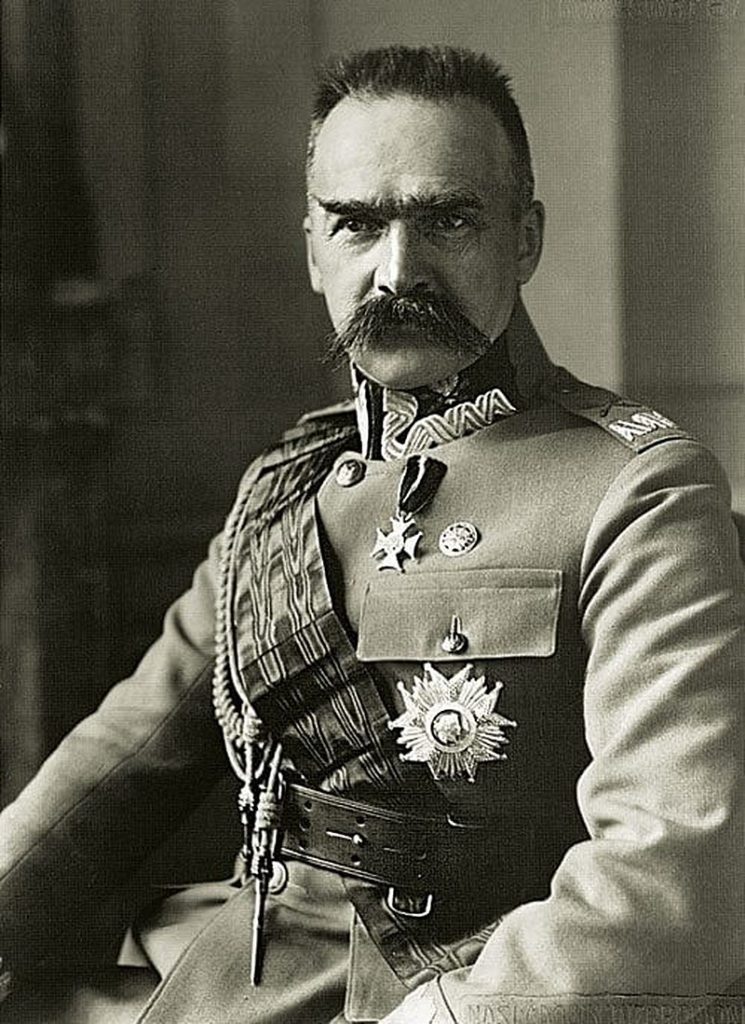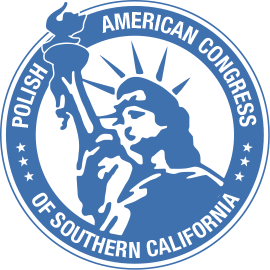Polish news
Pilsudski nearly averted World War II

Robert Strybel
WARSAW – Among the cultural projects generated by the 100th anniversary of Poland’s rebirth is an historical play by Wojciech Tomczyk which has been shown on Polish TV. Not surprisingly it is titled “Pilsudski” in honor of Marshal Józef Pilsudski, the founding father of Poland’s political re-emergence in 1918 and master strategist of its 1920 victory over the invading Bolshevik hordes.
Tomczyk’s work highlights a still little-known episode that could have reshaped the course of world history. Pilsudski was painfully aware of Poland’s precarious geographic location between two traditional foes – Russia and Germany. Originally he had promoted the notion of a Central-East European federation of nations similar to the pre-partition Polish-Lithuanian Commonwealth and incorporating Poland, Lithuania, Belarus, Ukraine and possibly also Czechoslovakia.
But the idea of a federation lacked support amongst nations finally enjoying their new-found sovereignty, so Pilsudski moved to Plan B. Even before Hitler officially became Germany’s chancellor in 1933, it was obvious that the Nazi Germany then taking shape would pose a serious threat to its neighbors. The Polish leader thus began considering a pre-emptive attack on Hitler’s Germany. When asked by his adjutant whether Germany would attack Poland, Pilsudski replied: “Even if we were to attack, that would be a defensive move.”
The idea of “poor little Poland” attacking “mighty Nazi Germany” might seem absurd, but only in terms of what the Third Reich would become in the latter half of the 1930s. Under the Versailles Treaty, Germany was allowed to have only a defensive force (Reichswehr) composed mainly of infantry and cavalry units. Armored vehicles, submarines, aircraft, heavy artillery and even a general staff were forbidden. In 1933, Germany’s puny, undermanned and under-equipped 100,000 defense corps would have been no match for Poland’s 400,000-strong army with far more mechanized equipment than Germany and a good stockpile of ammunition. It was now or never.
On May 2, 1933, a mere three months after Hitler had been appointed chancellor, Pilsudski ordered Poland’s ambassador to Germany Alfred Wysocki to present an ultimatum to der Führer: “Either Germany ceases demanding border revision with Poland or we declare war!” Hitler was visibly rattled but, after conferring with his generals who said Germany was unprepared to wage war, he backed down.
If Pilsudski’s pre-emptive attack on Germany had gone ahead, who knows if the Third Reich would have ever materialized, and a Second World War would probably not have occurred. But France was reluctant to support Pilsudski’s proposal. “How could that wildly gesticulating, mustachioed buffoon [Hitler] with his pitiful excuse for an army possibly pose a threat to anyone?” they asked. The British feared joining such a campaign could cost them 30,000 lives. But World War II, which would erupt a few years later, would produce a death toll of 50 million.
Chiefly focused on Poland’s security, Pilsudski was convinced Soviet Russia had not abandoned but merely postponed its dream of world conquest, so to buy extra time he signed a non-aggression treaty with Moscow in 1932. That same year he liaised with his friend, U.S. President Herbert Hoover, who sent his Chief of Staff General Douglas MacArthur to Warsaw as his special emissary. After the pre-emptive strike option had evaporated, Pilsudski also signed a non-aggression pact with Germany.
How the West had grossly underestimated the Nazi threat became plainly obvious over the next few years when Germany began arming itself to the teeth in violation of the Versailles Treaty. Hitler soon felt strong enough to re-militarize the Rhineland, annex Austria and dismember Czechoslovakia. The French and British naively believed those would be Hitler’s final demands. Then came September 1939.



